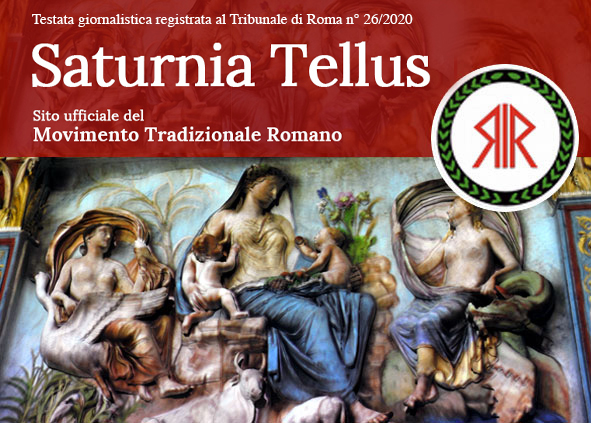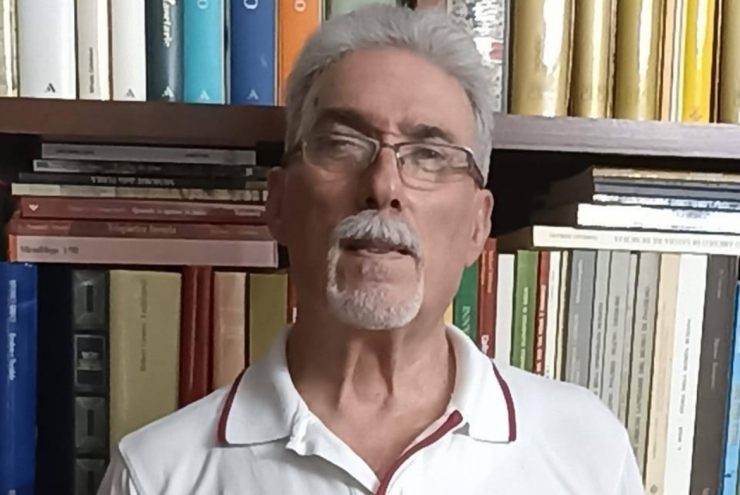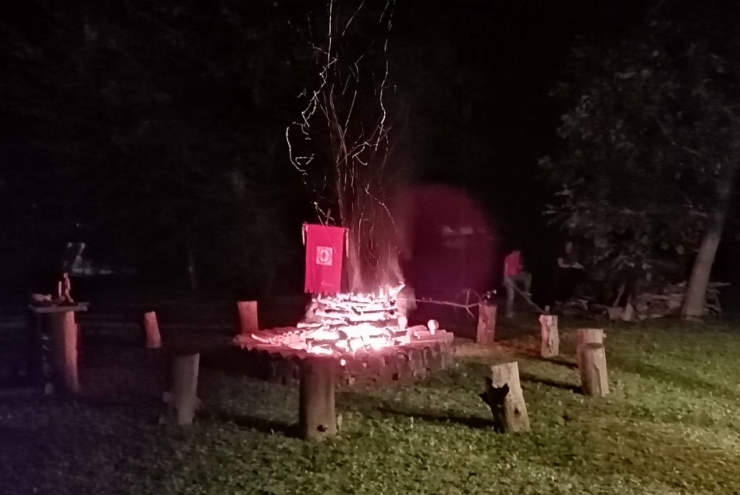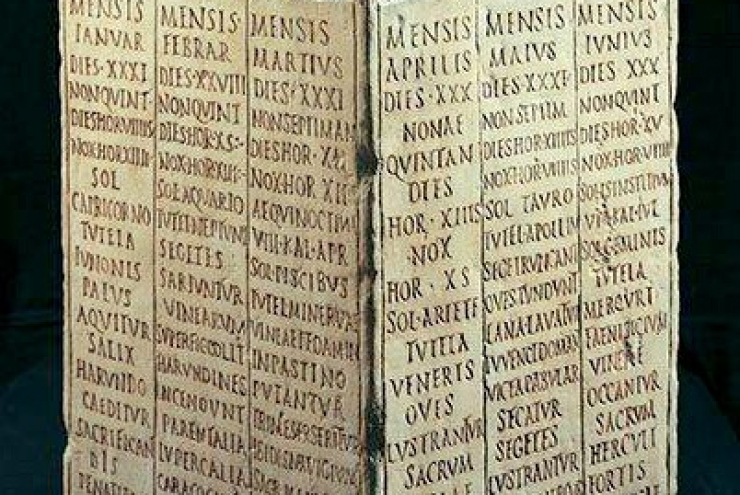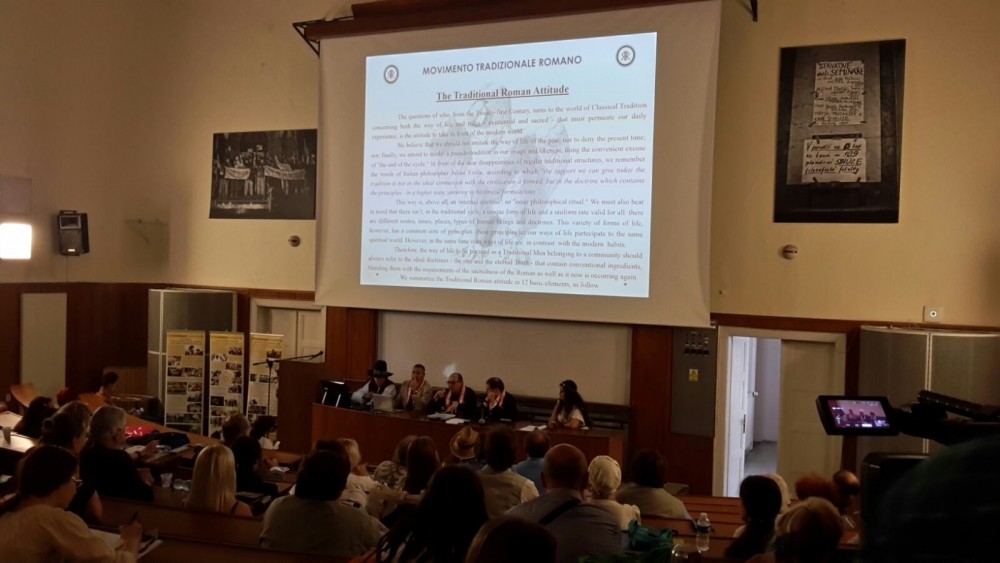 Four full days – spent between public meetings, ceremonies, private sessions and cultural visits to significant places of paganism – have marked the fifteenth European Congress of ethnic religions held 14 to 17 July 2016 Prague.
Four full days – spent between public meetings, ceremonies, private sessions and cultural visits to significant places of paganism – have marked the fifteenth European Congress of ethnic religions held 14 to 17 July 2016 Prague.
The Roman Traditional Movement participated with a delegation including the president Daniele Liotta, the deputy Guglielmo Giovanelli Marconi and members Anna Lucarelli, Paolo Casolari, Stefano Guidi and Mario Basile.
Very wide the geographical representation: Lithuania, Czech Republic, Italy, Greece, Spain, Germany, Russia, Latvia, Denmark, Norway, Netherlands, Poland, Hungary, Bulgaria, Ukraine, Slovenia, Iceland, France and India. Flawless organization by the Czechs, led by Marianna Gorronova and Zdeněk Ordelt the Slaviic Circle.
The days of the conference, chaired by Andras Corban, have seen a first appointment on July 14 at the Academy of Sciences where each organization has explained his characteristics and activities.
On July 15 it was the turn of a press conference with the Czech Deputy Minister of Culture and experts from pagan religions which was followed, in the Faculty of Philosophy of the University of Prague, a seminar dedicated approach to religion by any single association (Slide MTR Prague).
The third day was devoted to a visit to some of the landmarks of Slavic paganism / Bohemian: the “Hill of Rip” sacred space of the Czechs and the beginning of the nation’s history, the thousand year old oak “Oldřich” and “The Petrified Shepherd” , standing stones older than the Czech Republic.
The last day, closed-door, he had the object of an update dell’Ecer Statute to strengthen the screening activity – Mtr is part of the Governing Council with its President and the Assembly with three representatives – and presentation of candidates for the next congress of 2018, including that of Rome, it must be included.
A corollary to the congress, the Slavic Circle has organized five different public ritual ceremonies that were attended, with their own qualities and prerogatives, all ethnic and religious representatives present at the event.

